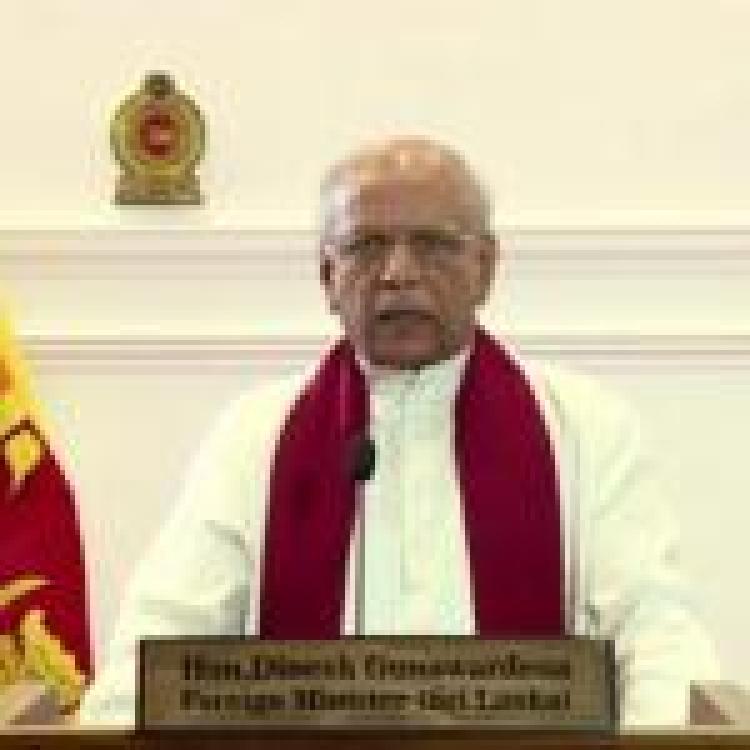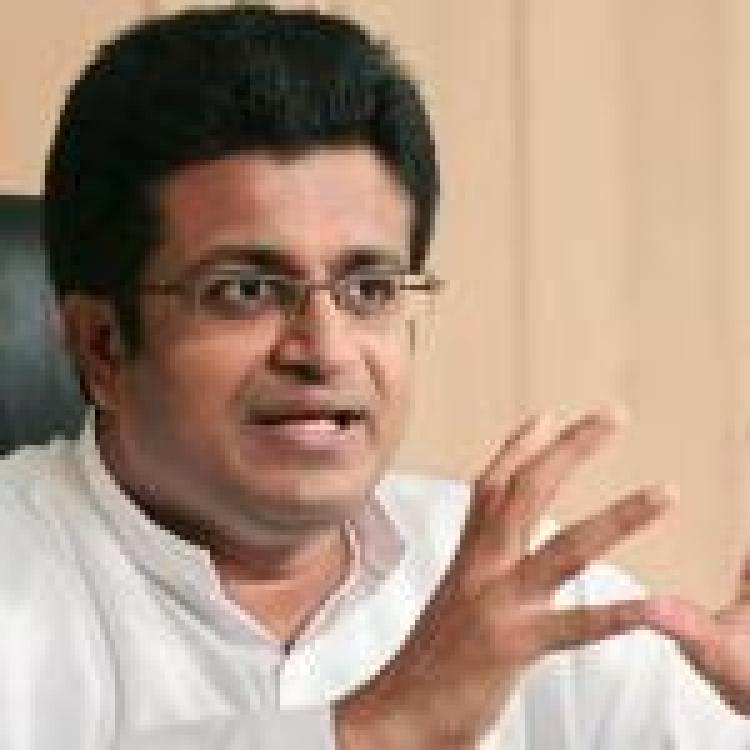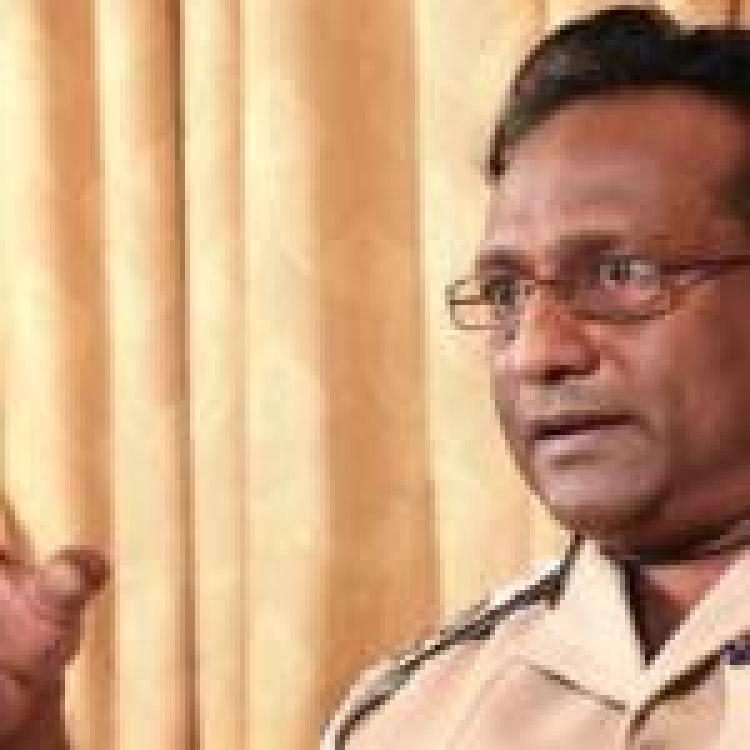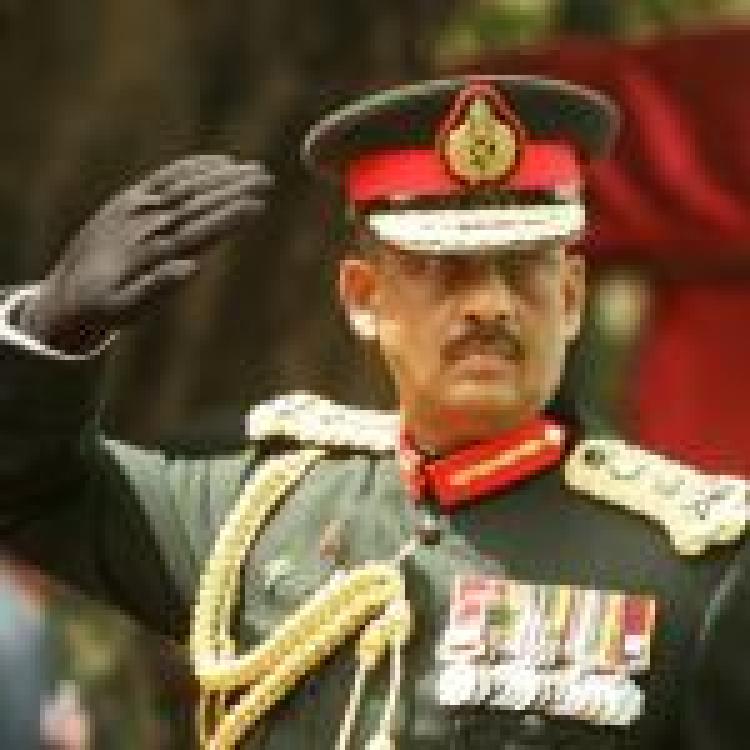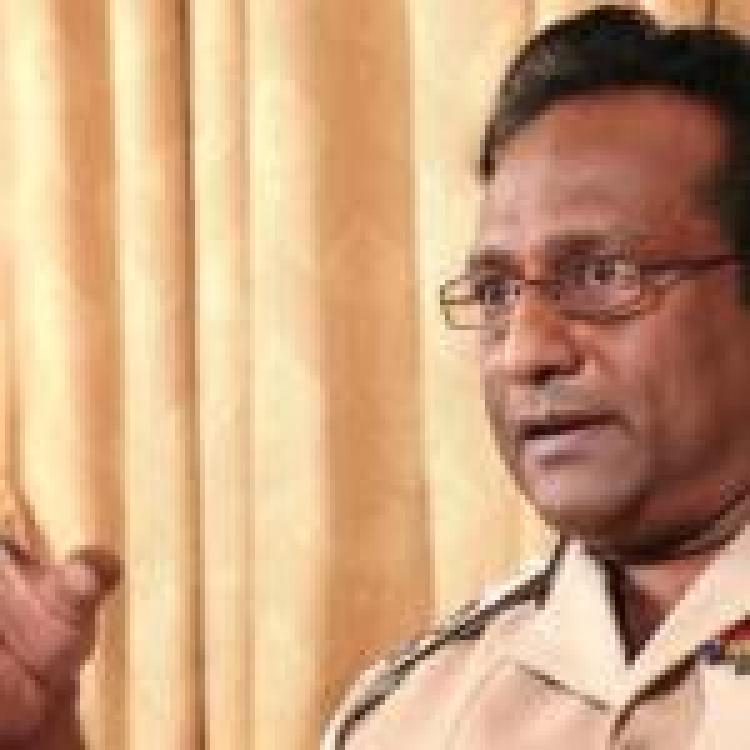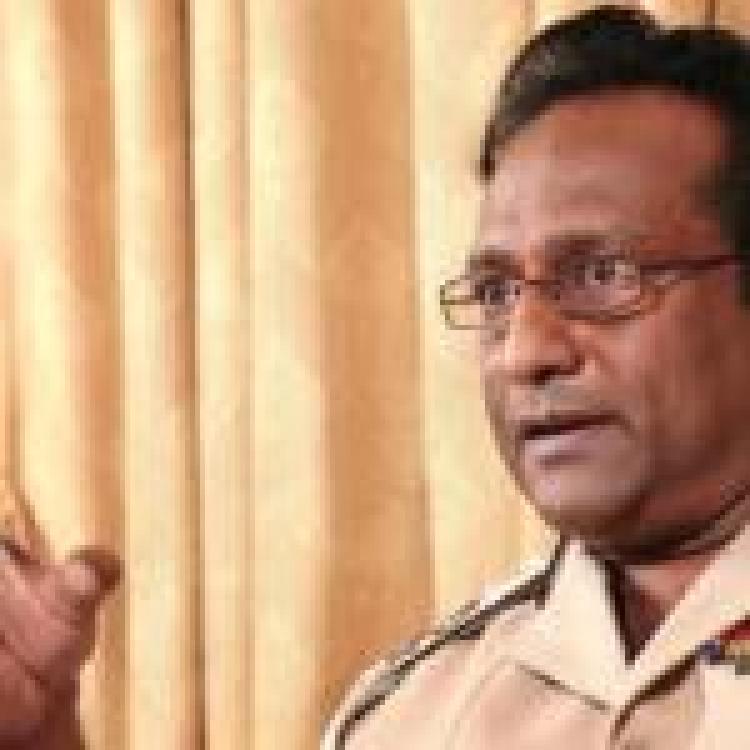![]()
Sri Lanka's Minister of Public Security Sarath Weerasekara criticised the UNHRC sessions and the institution itself as being a weapon used by the Tamil diaspora and the Western world to weaken Sri Lanka, in an interview conducted by the Daily Mirror this week.
When asked about the government’s preparation to face the ongoing 46th session at the UNHRC, he “rejected all charges” alleged against the state by UN High Commissioner of human rights Michelle Bachelet and requested the UNHRC “not to interfere with Sri Lanka’s internal affairs”. “It is absurd that the UNHRC and our detractors put the blame on these heroic soldiers [Sri Lankan army] who took every step possible to prevent civilian casualties,” he said.
This statement follows a damning report by the UN High Commissioner for Human Rights which revealed Sri Lanka’s inability and unwillingness to confront human rights violations and advance accountability. According to human rights reports, an estimated 70,000 Tamil civilians were slaughtered in the final months of the war as the military indiscriminately shelled civilian areas. Tamils were also subject to mass executions, forced disappearances and sexual abuse by Sri Lanka’s military.
The current UNHRC session, which is to review the deteriorating human rights situation and continued lack of progress in transitional justice on the island, will result in a “split” between the 47 member states participating in the sessions “at a time when the world is going through one of the most dreaded and unprecedented health challenges”, claimed Weerasekara.
He believes that the motive behind the international community’s call for an international inquiry into the crimes committed by the Sri Lankan armed forces, during the conflict which lasted until May 2009, was “mainly because we [the state] have defeated the LTTE without paying heed to their [Western politicians] request for a ceasefire and let the LTTE off the hook”.
When questioned about the alleged bias of international organisations, such as the UNHRC, against Sri Lanka, Weerasekara claimed that their foundation and purpose were purely based on serving the best interests of western imperialism. Citing western colonialism, he commented that “the invasion, killing of millions of innocent native people, devastation and plundering of wealth of countries overrun by them were carried out by these powerful countries while taking the law into their hands”.
In response to being questioned about Sri Lanka’s withdrawal from the joint resolution 30/1 passed in 2015, he answered that the “resolution is an affront to our sovereignty, dignity and co-existence of communities”. “The recommendations of the 30/1 resolution contravene our Constitution if we carried out them”. The Rajapaksa administration has consistently railed against the resolution claiming that it weakened national security and led to the Easter Sunday attacks. A number of human rights organisations have voiced concerns over the militarisation of Sri Lanka’s state with senior officials of Sri Lanka’s armed forces implicated in war crimes being appointed to oversee civilian administrative roles.
He further decried calls for establishing Provincial Council (PC) elections, he alleges that agreement was “thrust upon” Sri Lanka under the Indo- Lanka accord in 1987. He further said his “personal opinion is that the PCs are a waste of public funds and a kindergarten to political aspirants to ride the political ladder at the cost of public funds”. “Our basic law or the Constitution must be applied to the entire country under the concept of ‘One Country – One Law’” he added.
When asked whether he agreed that only “certain racist Tamil politicians like C. V. Wigneshwaran, Gajendrakumar Ponnamabalam and M. K. Sivajilingam” use “outdated slogans”, i.e. the power devolution and self-determination, for their political survival, Weerasekara referred to their actions as “treacherous indeed” and approved of calls for jailing these politicians. He called for the constitutional drafters to “draw their attention to this perfidious and dangerous trend”.
The Minister, who is well- known for his staunch support for the Sinhala- Buddhist chauvinistic ideology, has also vowed to introduce a bill to ban Tamil MPs from mentioning the Liberation Tigers of Tamil Eelam (LTTE) and its leader Velupillai Prabhakaran in parliament earlier this month.
Read more here.

